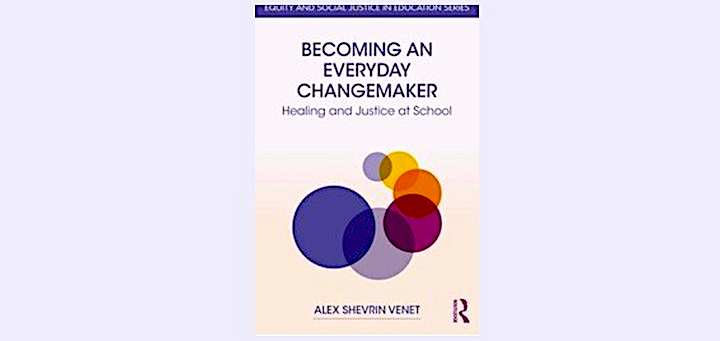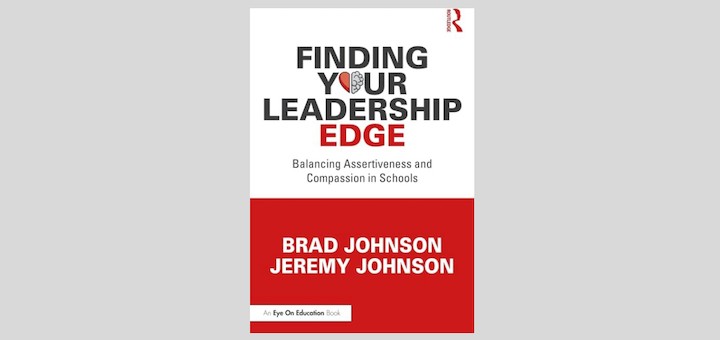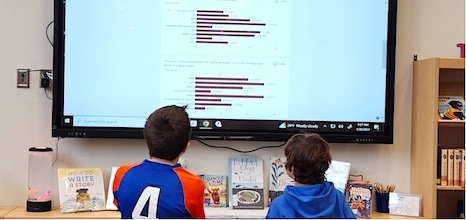Tagged: school leadership
Alex Shevrin Venet guides educators on how they can become effective, equity-centered, trauma-informed changemakers to provide healing and justice at school. Her book includes many insights, moments of reflection and useful exercises, writes education consultant Randy Ross.
Because schools are under increased pressure to improve, there’s a tendency to want immediate results from any innovation. Success only comes when schools have clear vision and purpose, full collaboration, and a commitment to monitor and adjust, write Williamson and Blackburn.
Beginning with reflective exercises to help readers identify their leadership tendencies, Brad and Jeremy Johnson offer a nuanced exploration of the tension between assertiveness and compassion in school leadership and then provide actionable strategies to achieve balance.
Ron Williamson and Barbara Blackburn advocate for a three-step teacher evaluation process that emphasizes pre- and post-observation conferences designed to promote full teacher ownership and collaboration, with an emphasis on recognizing strengths and planning for growth.
Ignacio Lopez writes that effective school leaders must possess five elements of emotional intelligence: self-awareness, self-regulation, motivation, empathy and social skills. All five must be used to implement decisions reached with disparate input and centered on students.
All students need excellent instruction every year of their school experience to reach their potential, writes principal coach Matt Renwick. That’s why an instructional framework is so important for a building team to select or develop and for a faculty to commit to as a school.
Meetings can waste time and resources. Education consultants Ronald Williamson and Barbara R. Blackburn’s strategies can help you avoid pitfalls and lead effective meetings with norm setting, planning, agenda setting, and options for decision making. Productivity tools included!
If schools are always being “held” accountable, asks leadership coach and veteran principal Matt Renwick, how will students ever learn to “be” accountable? When do they get to make important choices that affect others and themselves? Three shifts can change the paradigm.
By helping you tap into your archetype, Ashley Lamb-Sinclair’s From Underestimated to Unstoppable helps set you up to make changes in the lives around you. Megan Balduf finds the text beneficial particularly to those who know things can be better but aren’t sure what to do.
DeAnna Miller’s participation in a national teacher educators’ conference after a long personal learning drought energized her and gave her hope for the future of public education. “I had an epiphany,” she writes. “I was starved for professional engagement and camaraderie.”























